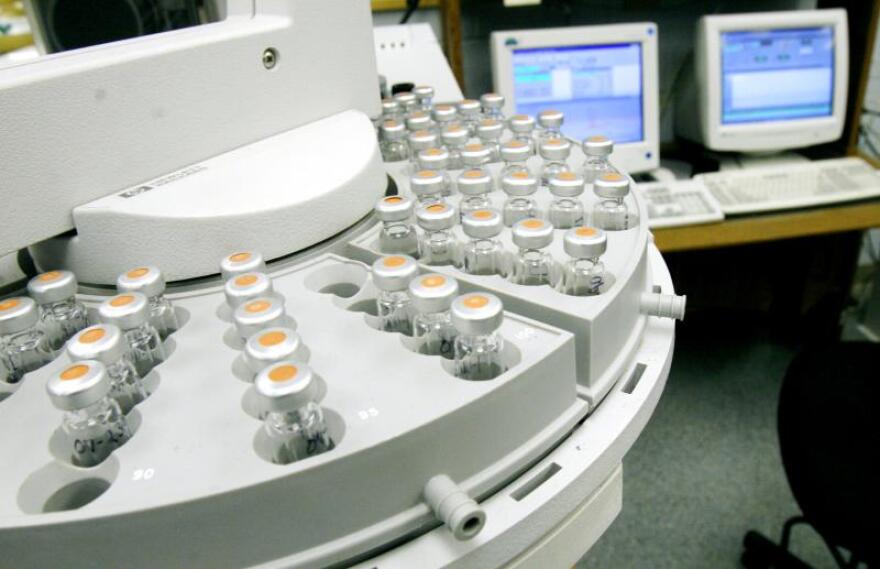DNA preservation in felony cases is something 35 states require, but Washington state isn’t one of them. A bill being considered in Olympia would change that.
DNA is often the key element in solving cold cases or in proving that someone has been wrongfully convicted of murder or rape. Lara Zarowsky knows how important having that evidence is. She works with Innocence Project Northwest. Her organization has gotten several wrongfully convicted people freed after proving their innocence through DNA.
But, she says, there have been other cases where no DNA was saved and a claim of innocence couldn't be investigated.
She told lawmakers in Olympia this is something we should all care about.
"Every case of wrongful conviction is a case where the actual perpetrator was not brought to justice," she said.
In other words, the perpetrator is still out there committing other crimes.
The DNA preservation bill the state legislature is considering would require that DNA acquired during the investigation of a felony be kept as long as the person convicted is still serving his or her sentence. DNA would also have to be preserved in cold cases.







